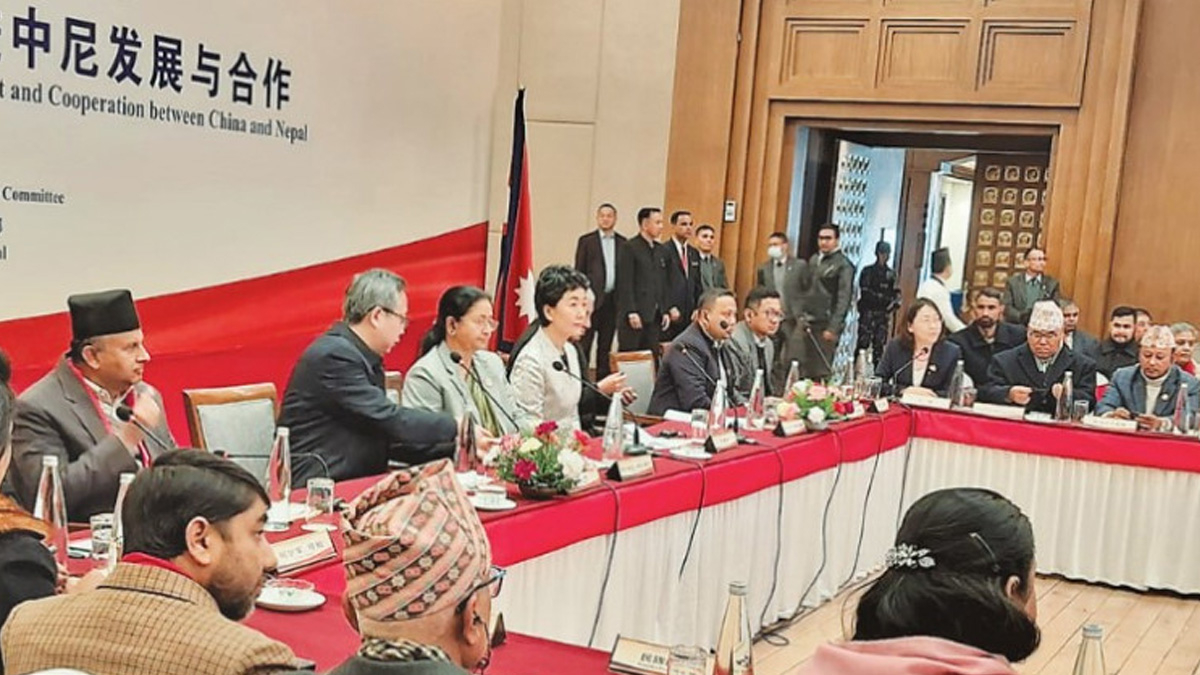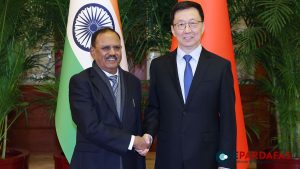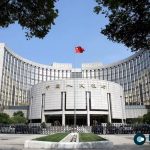
China Lambasts Nepal, Points India and US – Envoy Song Adopts Less Diplomatic Tone
Chinese leaders, during a high-profile program in Kathmandu, openly expressed concerns and criticisms, hinting at India and the United States. The visiting Chinese leadership has not minced words, accusing unspecified nations, with an apparent focus on India and America, of actively engaging in a campaign to destabilize the relations between Nepal and China.
The charged atmosphere unfolded during a highly confrontational exchange in Kathmandu, where Sun Haiyan, the vice minister of the International Liaison Department of the Communist Party of China, publicly indicted certain countries of orchestrating efforts to disrupt development cooperation and besmirch the bilateral relations between Nepal and China. Sun’s statements, marked by a directness not typically associated with diplomatic discourse, left little room for ambiguity, indicating a specific targeting of India and the United States.
The incident, occurring within the context of a consultative conference in Kathmandu, underscored an unprecedented diplomatic shift. Sun’s vocal expression of discontent with how China’s relations with Nepal are being portrayed, both domestically and internationally, marked a departure from the usual reserved diplomacy. The abrupt deviation into a more aggressive tone hints at a potential recalibration in China’s approach towards Nepal.
While previously confined to discreet closed-door discussions, the Chinese leaders opted for a public airing of their grievances, suggesting a more assertive stance. Nepali leaders were not merely cautioned against aligning too closely with the United States and India; they were explicitly advised to distance themselves in foreign policy matters.
In addition to the cautionary warning, Sun underscored the imperative for Nepal to cultivate a more favorable investment climate for Chinese investors and diversify its infrastructure. The Chinese leaders expressed apprehensions about external forces purportedly attempting to sow discord between Nepal and China, emphasizing the necessity for unity, trust, and mutual relations to prevail.
Without explicitly naming the United States, Sun cryptically alluded to escalating activities against China and the formation of alliances that could potentially compromise Sino-Nepalese relations. Yet, she refrained from offering concrete details about specific geopolitical tensions and their potential implications on the Nepal-China ties.
Adding fuel to the already fiery discourse, the Chinese Ambassador to Nepal, Chen Song, launched a scathing attack on Nepali media, accusing it of biased and negative reporting on the Belt and Road Initiative. Chen cast aspersions on the credibility of the information disseminated by the media without revealing its sources, triggering a swift and strong response from Nepali leaders. They vehemently defended the freedom of the media and called for clear evidence to substantiate the allegations made by the Chinese envoy.
In response to Chen’s comments, a UML leader remarked, “Making such unfounded statements is unbecoming of an ambassador.” This criticism underlines the growing unease among Nepali leaders about the nature and tone of China’s public discourse on bilateral matters.













Comments